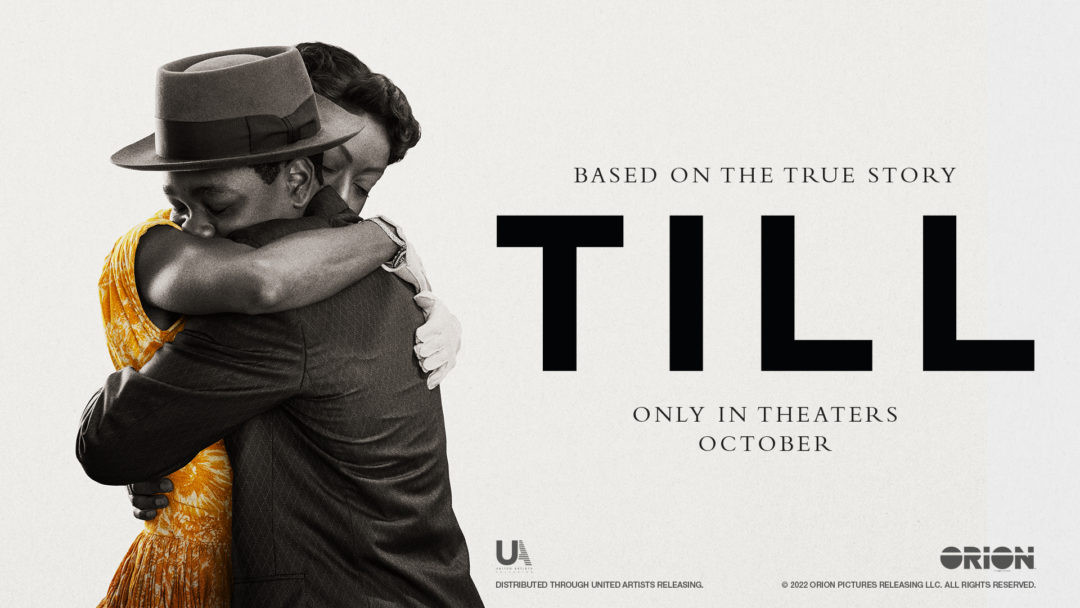The opening scenes of Till, depicting a happy teenager preparing for a holiday with the help of his mother, are all the more poignant when one is aware of the horror that is to come.
The film is about the murder of Emmett Till, a 14-year-old boy who was lynched in Mississippi in 1955, and the fight of his mother Mamie Till-Mobley to get justice and ensure that Emmett’s murder becomes a catalyst for political change. Mamie is the film’s dominant character, and she is played with great authority and passion by Danielle Deadwyler, who was criminally overlooked in Oscar nominations but not in BAFTA nominations.

Emmett was from Chicago and was visiting the town of Money, Mississippi, to spend time with relatives. Presciently, his mother warns him “to be careful around white people down there.”
Accounts vary, but it appears that Emmett mildly flirted with a white woman in a shop. For this “offence,” he was subsequently abducted from his uncle’s home, beaten, mutilated, and shot in the head; his body was found in a river some days later. To the horror of many, even among her friends and family, Mamie insists upon an open-casket funeral for Emmett, despite (or, in reality, because of) the extent of his injuries. She wanted America to see the full reality of what was done to him, and accordingly, she agitated for it to be pictured in as many newspapers as possible. Those pictures are available from various sources online. They are very hard to look at.
Director Chinonye Chukwu sensitively balances the personal loss and hurt felt by Mamie, her resentment towards Emmett’s uncle, who did little to prevent Emmett’s abduction, fearing what would happen to his own children, and the political campaigning. Mamie was helped by the NAACP to bring charges against the chief suspects. Her protector in Mississippi was Medger Evers, who would himself be murdered some years later.
Inevitably, the all-white, all-male jury in the murder trial acquitted the suspects, and Mamie and her family were traduced and smeared in court, with the defence claiming that Emmett was still alive and that it was all an insurance scam. One of the most powerful scenes in the film is that of Mamie, which focuses on her testimony in court as she bears witness to what was done.
Incredibly, it was only in 2021 that the anti-lynching bill she campaigned for was passed into law.
But Daunte Wright, Andre Hill, Breonna Taylor, George Floyd, Tyre Nichols (murdered by racist cops), and Ahmaud Arbery (murdered by white racists for the crime of jogging) are just some of the people whose deaths show that lynching is still alive and well in the USA.
Art Book Review Books Campism Capitalism China Climate Emergency Conservative Government Conservative Party COVID-19 Creeping Fascism Economics EcoSocialism Elections Europe Far-Right Fascism Film Film Review Fourth International France Gaza History Imperialism Iran Israel Italy Keir Starmer Labour Party Long Read Marxism Marxist Theory Migrants Palestine pandemic Police Protest Russia Solidarity Statement Trade Unionism Ukraine United States of America War Women

